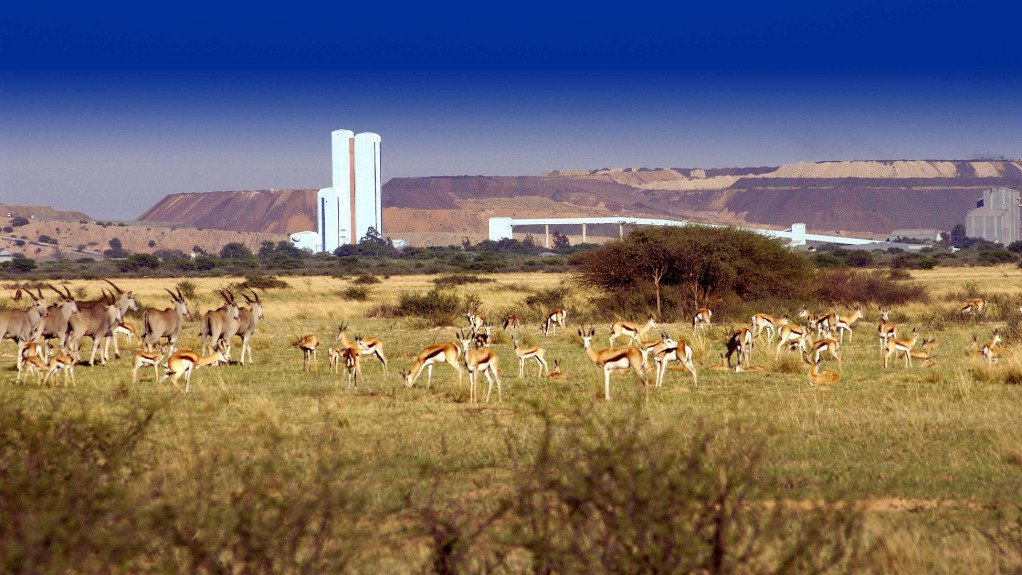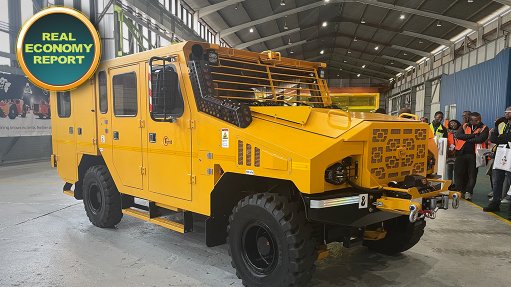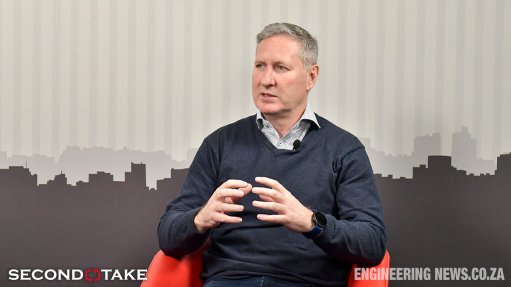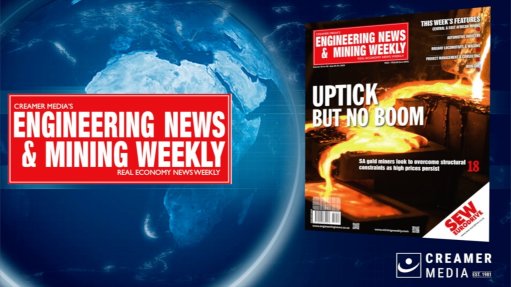Noncompliance causing environmental damage


ENVIRONMENTAL IMPACT The failure to adhere to regulatory compliance procedures in the mining sector leads to losses in water and biodiversity
With the need to improve environmental protection standards in South Africa’s mining sector casting a spotlight on implementation and compliance thereof, law firm Webber Wentzel partner and environmental law expert Garyn Rapson stresses the important role technology plays in reducing environmental impacts.
Technology can have a significant impact on the mining sector such as using hydrogen-powered trucks at mines for hauling tasks and drone technology to assist with exploration and deposit definition purposes.
He adds that while environmental legislation in the country remains robust, efforts to implement and enforce compliance in this sector have been insufficient.
Regulatory compliance at mining sites involves day-to-day inspections and yearly audits by the regulators to ensure that companies have all the required permits in place and that they are adhering to the conditions of the permits.
Acknowledging that mining is one of the most regulated sectors in the country, Rapson says the environmental impact of mining activities can be well understood and well managed only if a competent mining consultant has been involved in facilitating the mining application and overseen the implementation of related processes.
He notes the concerted efforts made by companies in the mining sector to target resources better and target waste mitigation as a goal of their environmental, social and governance (ESG) strategy.
In this regard, Rapson welcomes the strict water and biodiversity legislation that has come into place.
“There’s a big component around impacts on biodiversity. There are impacts on water, both groundwater and surface water resources, and the third impact is the air quality associated with your day-to-day mining activities.”
The advent of “engineered wetlands” is viewed as positively facilitating the process of mine closure and purifying water resources. These are wastewater treatment systems that use wetland vegetation, soils and microbes to clean and improve water quality.
Rapson also notes the social impact of on-site mine processing activities in displacing communities, owing to a loss of land and livelihoods. Significant health risks are also among the social impacts of mine processing activities.
South Africa also lacks robust mine rehabilitation and closure financial provisioning laws: “I think one big stumbling block . . . is . . . funding for [the] rehabilitation and closure of mining operations.”
Rapson notes that numerous mining companies operate according to a set of outdated laws as the financial provisioning regulations that apply to the mining industry under the National Environmental Management Act apply only to operations that started after 2015.
Rapson stresses the importance of these laws in facilitating job creation, coupled with sustainable sources of income and revenue for the country.
He says South Africa’s mining sector needs to track the developments of extra-territorial laws from Europe that are coming to South Africa, affecting suppliers of products going into Europe, the US and the UK.
“The mining industry should be aware . . . that they can expect their customers to require that a human rights due diligence [analysis] is done along with a deforestation and supply chain due diligence [analysis], and that’s because there are strict laws coming into force in Europe.
“[These laws] will require customers of a mine site to check on the ESG impacts going into Europe, right from the initial pits where those minerals are mined from,” Rapson concludes.
Comments
Press Office
Announcements
What's On
Subscribe to improve your user experience...
Option 1 (equivalent of R125 a month):
Receive a weekly copy of Creamer Media's Engineering News & Mining Weekly magazine
(print copy for those in South Africa and e-magazine for those outside of South Africa)
Receive daily email newsletters
Access to full search results
Access archive of magazine back copies
Access to Projects in Progress
Access to ONE Research Report of your choice in PDF format
Option 2 (equivalent of R375 a month):
All benefits from Option 1
PLUS
Access to Creamer Media's Research Channel Africa for ALL Research Reports, in PDF format, on various industrial and mining sectors
including Electricity; Water; Energy Transition; Hydrogen; Roads, Rail and Ports; Coal; Gold; Platinum; Battery Metals; etc.
Already a subscriber?
Forgotten your password?
Receive weekly copy of Creamer Media's Engineering News & Mining Weekly magazine (print copy for those in South Africa and e-magazine for those outside of South Africa)
➕
Recieve daily email newsletters
➕
Access to full search results
➕
Access archive of magazine back copies
➕
Access to Projects in Progress
➕
Access to ONE Research Report of your choice in PDF format
RESEARCH CHANNEL AFRICA
R4500 (equivalent of R375 a month)
SUBSCRIBEAll benefits from Option 1
➕
Access to Creamer Media's Research Channel Africa for ALL Research Reports on various industrial and mining sectors, in PDF format, including on:
Electricity
➕
Water
➕
Energy Transition
➕
Hydrogen
➕
Roads, Rail and Ports
➕
Coal
➕
Gold
➕
Platinum
➕
Battery Metals
➕
etc.
Receive all benefits from Option 1 or Option 2 delivered to numerous people at your company
➕
Multiple User names and Passwords for simultaneous log-ins
➕
Intranet integration access to all in your organisation



















